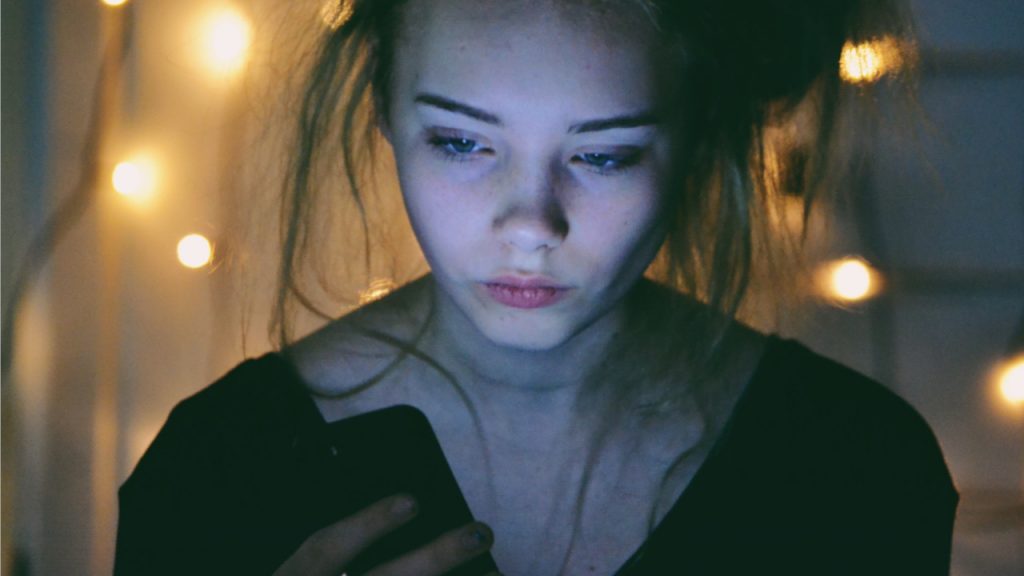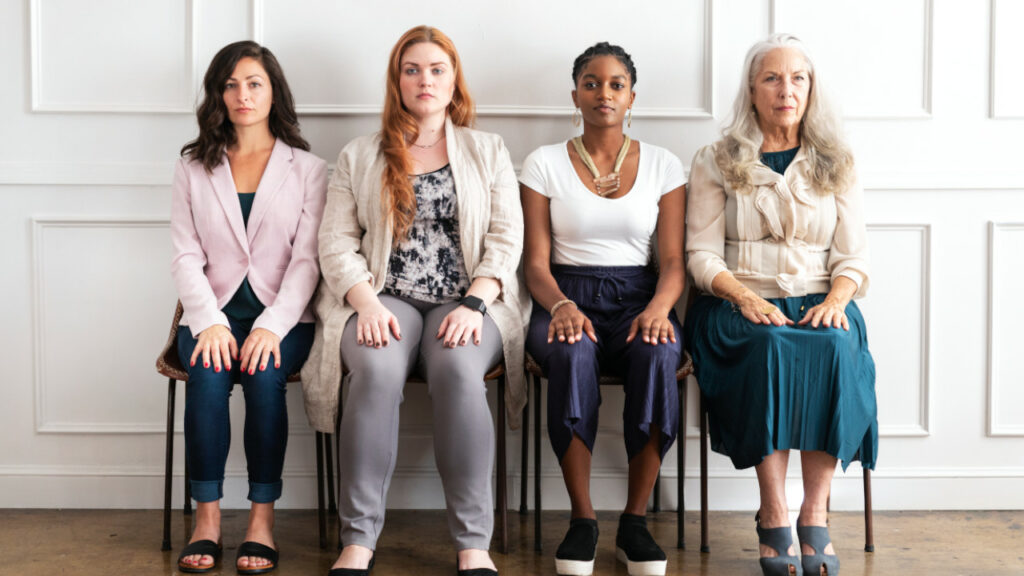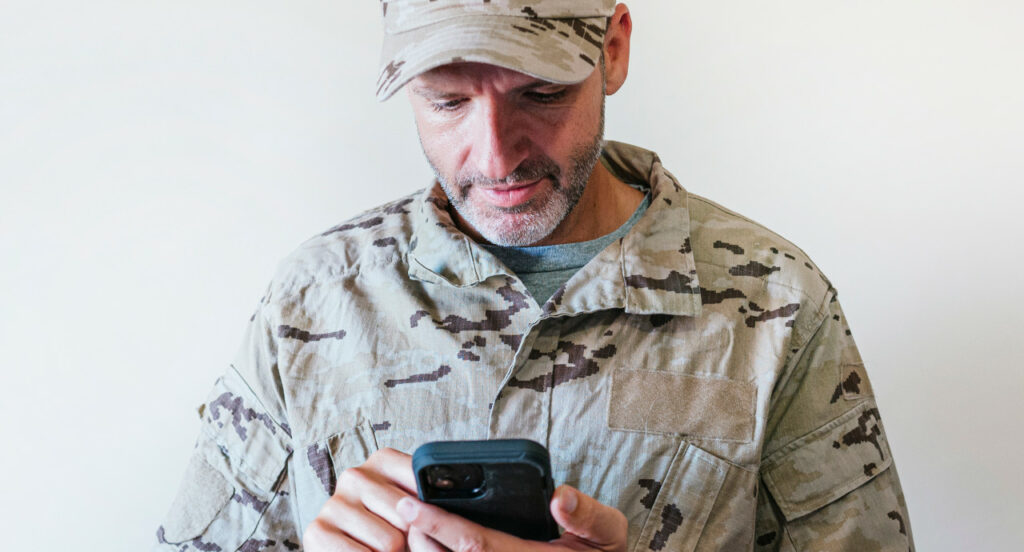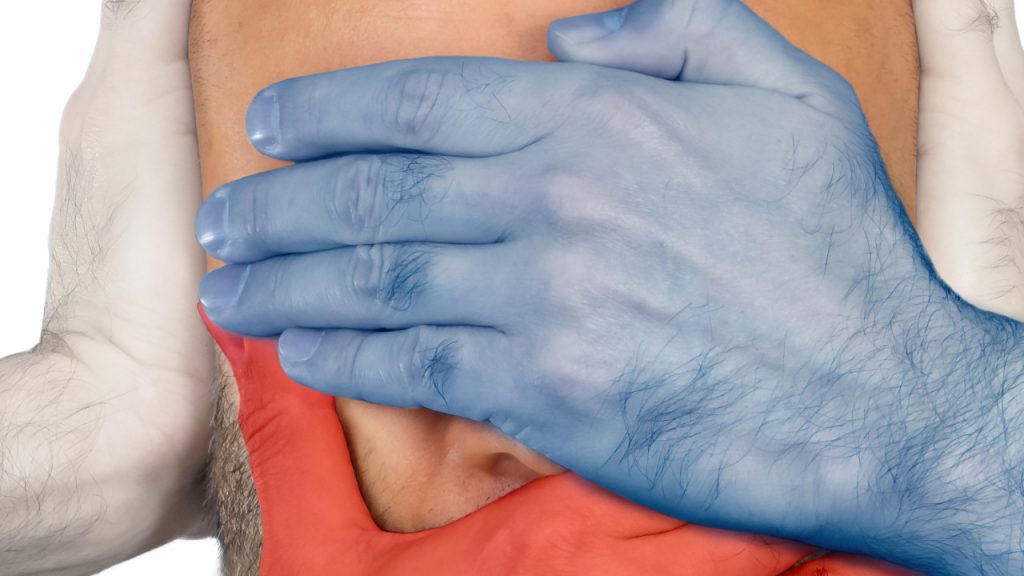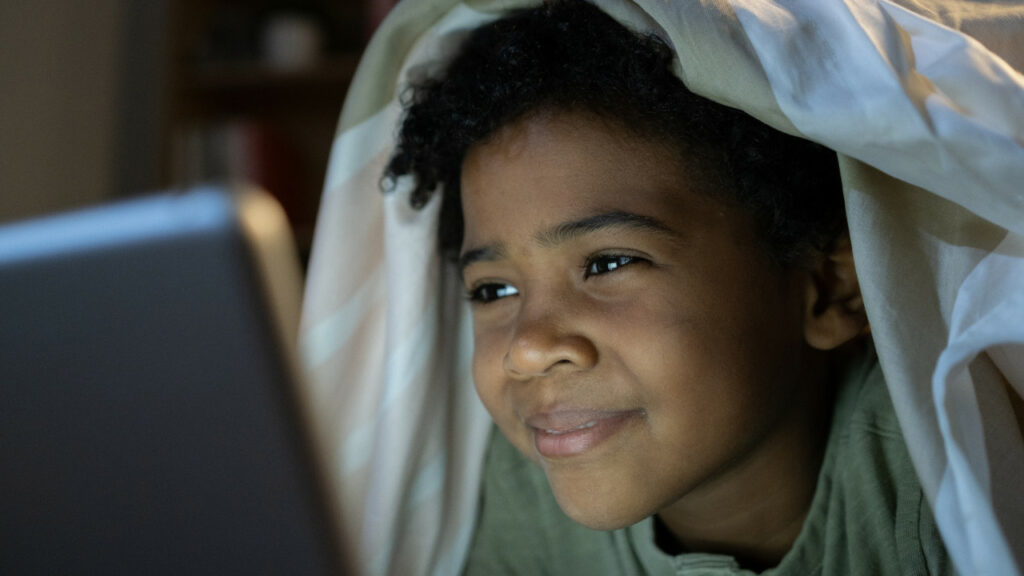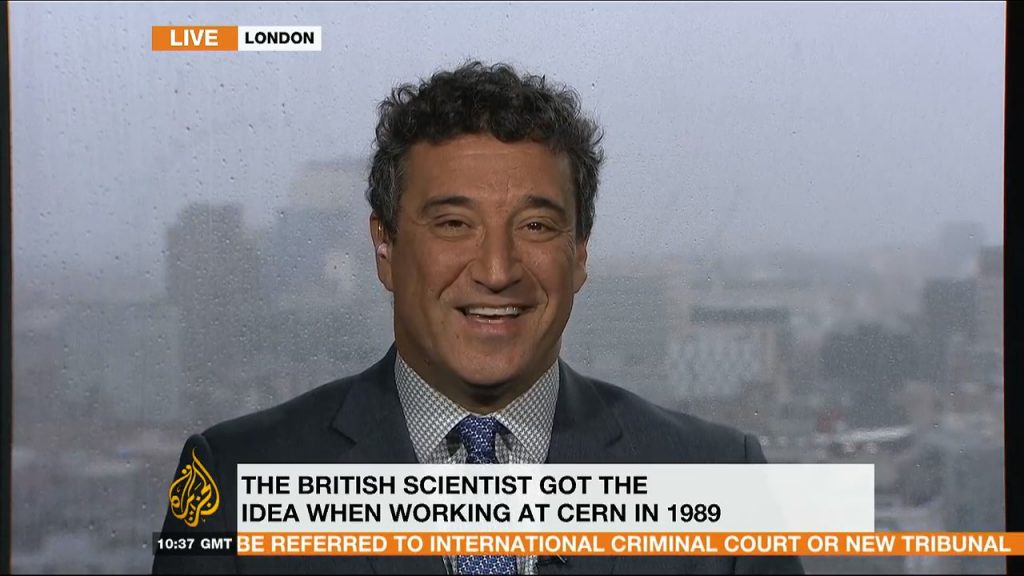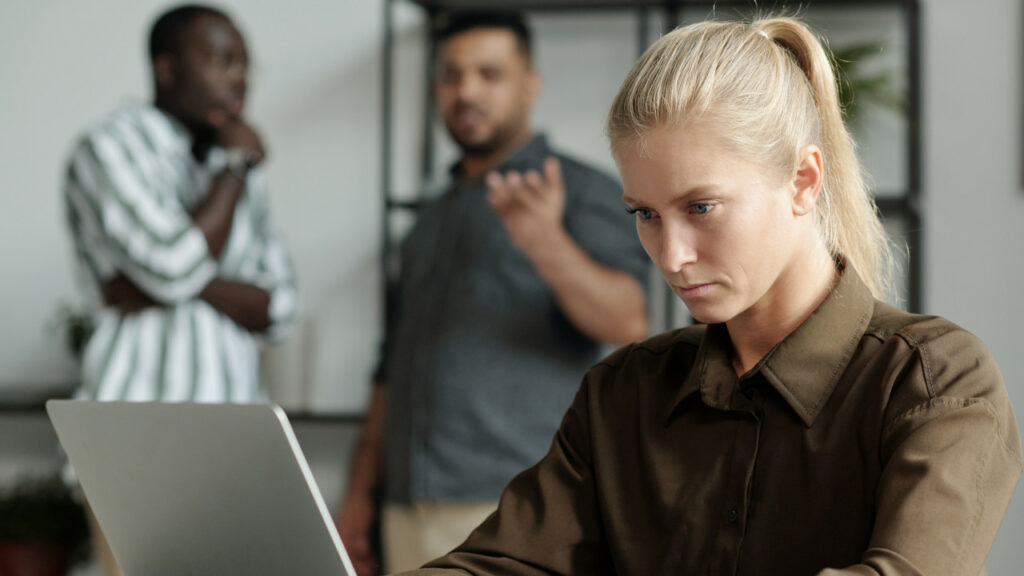The Hidden Human Cost of Illegal Immigration and People Trafficking
Being illegal immigrants means they have no passports and no identification documents, effectively erasing their existence in the eyes of the authorities. They are stripped of their private mobile phones and denied any free contact with the outside world, leaving them utterly isolated and under constant surveillance.
The Hidden Human Cost of Illegal Immigration and People Trafficking Read More »

